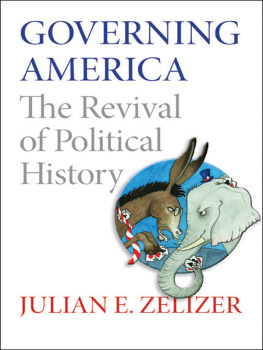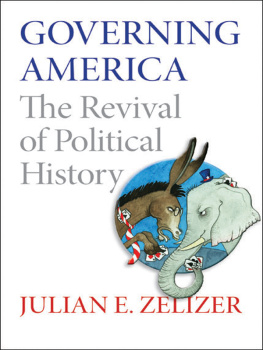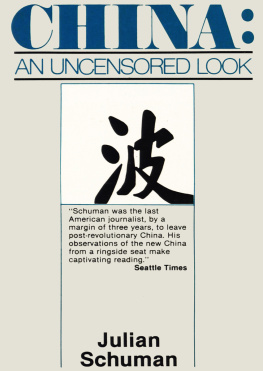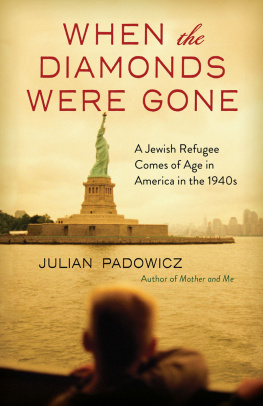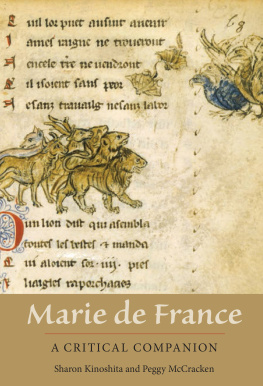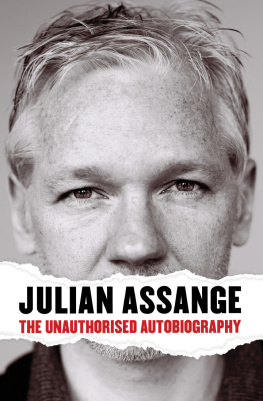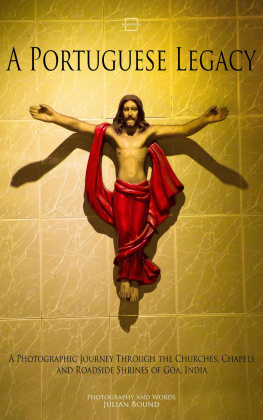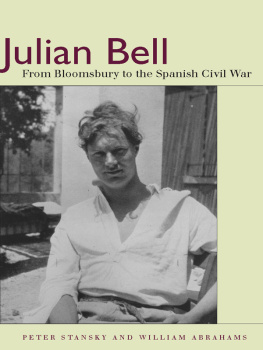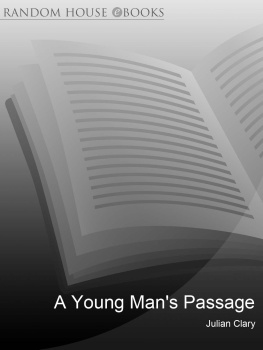Hachette Book Group supports the right to free expression and the value of copyright. The purpose of copyright is to encourage writers and artists to produce the creative works that enrich our culture.
The scanning, uploading, and distribution of this book without permission is a theft of the authors intellectual property. If you would like permission to use material from the book (other than for review purposes), please contact permissions@hbgusa.com. Thank you for your support of the authors rights.
Little, Brown and Company is a division of Hachette Book Group, Inc. The Little, Brown name and logo are trademarks of Hachette Book Group, Inc.
Certain names of people portrayed in this book have been changed.
Unless otherwise noted, all photographs appear courtesy of the author.
The publisher is not responsible for websites (or their content) that are not owned by the publisher.
The Hachette Speakers Bureau provides a wide range of authors for speaking events. To find out more, go to hachettespeakersbureau.com or call (866) 376-6591.
This book is dedicated to every family whos made their own unlikely journey.
I t wasnt yet noon on Fathers Day 2018, but the heat had already climbed into the eighties. Alongside US Route 281 in South Texas, there are patches of scrubland that stretch far into the distance, and with the window down and the sun at the right angle, youll swear they go on forever. I clicked the air conditioning off and let the hot air wash over me as I headed south into the Rio Grande Valley of Texas, which borders Mexico. I was halfway through the nearly four-hour drive, and I passed the time imagining how different my life would have been if circumstances for immigrants almost a century ago had been more like they are now.
I was on my way to meet a group of concerned activists at the Ursula processing and detention center, about a mile from the border. They were making the trip to protest the Trump administrations policy of removing children from parents who were apprehended at the border. One of the activists was bringing boxes of stuffed animals and letters of support written by American children, but there was no illusion that these items would do more than provide temporary respite. Still, given the traumatic experiences those kids were going through, it was the very least we could do.
Because I was leaving so early that morning, my wife, son, and daughter had taken me out to dinner the night before to celebrate Fathers Day. Carina was nine and Cristin three, and both had been happy to spend time with Daddy. As loved as I had felt being with them, it had been almost impossible not to think of the thousands of kids their age, only a few hundred miles away, who had been ripped from their parents. Babies and toddlers were reportedly being relocated to tender age shelters, and children were missing medicine and going weeks without a bath.
As I neared Ursula, my thoughts kept returning to my grandmother, Mamo. Psychologists warn of the trauma suffered by kids who are separated from their families, and I had grown up witnessing an example of the long-term damage. Even at age seventy, Mamo had still wept uncontrollably as she remembered being pulled from her dying mother and told that she was going to live with another family in the United States. By the time Mamo crossed the border in 1922, she had left behind two dead parents and a life of unrest sparked by the decade-long Mexican Revolution. The circumstances of that border crossing, though certainly different from the experiences of the children whom I hoped to visit, had left a lasting impact on her life.
Her unlikely journey had been the centerpiece of my keynote address at the 2012 Democratic National Convention, where I described the American dream as a relay in which one persons sacrificesin my case, Mamoswere vital to the success of later generations. Because of the difficult journey Mamo made, it was possible for my mother, and then my brother, Joaquin, and me, to have opportunities that she never had.
President Donald Trumps administrations immigration policy seemed designed to inflict cruelty on innocent children, leaving a very different impression of the land of opportunity. Regardless of political affiliation, there was a widespread feeling that an American ideal had been desecrated. This was a wake-up call for the nation.
As citizens came to the aid of noncitizens, I saw few examples of political grandstanding. The country may be deeply divided along partisan lines, but the seemingly instinctive response that I witnessed on my visit was that we, as Americans, are more alike than different. If the highest office holder in the land was going to implement a policy so flagrantly un-American, then Americans were going to push back.
Many began calling the policy state-sponsored child abuse, and this characterization, I soon realized, was not hyperbole. Outrage spread like wildfire as news anchors broke down in tears and airlines openly refused to shuttle children away from their parents.
When I arrived at Ursula, I was already sweating in the ninety-seven-degree heat. I walked from my car to the group that had assembled outside the one-story building where families were being physically separated. Protestors held signs, chanted, and gave interviews to the media, exercising the rights that generations of Americans have fought and died for, and they did it in a noble way. It was working too. People posted photos of transported children on social media; protests were held all over the country; and the administration started backing away from its zero-tolerance policy.
I met twelve-year-old Leah from Miami, who has an undocumented father. She came to the demonstration with her older sister, and the two spoke eloquently about the fear that their father would be rounded up and taken away from them. Leah and I walked to Ursula carrying a box of stuffed animals and handwritten cards for the children. The glass doors were blacked out and locked, so I pressed the buzzer on the intercom. A Border Patrol official answered. I introduced myself and said, I want to leave some letters for the children who are here, along with some stuffed animals.
Okay, yeah, well send somebody out there, came the reply.
The door remained locked, and the box of toys and letters was still sitting outside the facility when I left more than an hour later.
The drive home was a conflicted one. As a Mexican American, I had a common history with many of the families seeking asylum. The issue of immigration is a complicated and ever-evolving one, but so many folks forget that their own lineage can be traced to another land, another nation, to a moment when their familys survival depended on the empathy and acceptance of strangers. Its no secret that most of us came here because America represented a land of expanding opportunities, a place where one could reach previously unimaginable heights of success through hard work. Times and circumstances change, I realize. But while its easy to talk about the American dream, every once in a while we need to wake up and ensure that it is not becoming, as it did at Ursula, obsolete.
And people have woken up. Their thunderous and unified activism brought attention to an injustice against our nations basic sense of self. We took a stand and a powerful step toward reaffirming the nations belief in the American dream. Three days later, President Trump signed an executive order ostensibly to end the policy of family separation.


